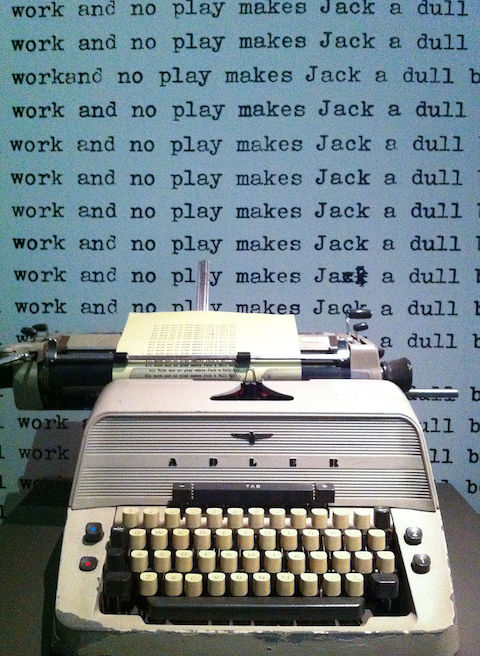In praise of hard, tedious work

You know the kind of work I mean. It demands skills you don’t have. It’s slow. It’s disagreeable. And you spend half your time taking breaks, complaining, and avoiding it, because it’s just soul-sucking labor.
That work is more valuable than you realize.
Mihaly Csikszentmihalyi writes about flow, the state you attain as you work on tasks that are just difficult enough, engage your attention and skill, and enable you to reach a pleasurable level of brain activity.
I’m talking about the opposite of flow: work that is filled with interruptions to check things or look them up, work that makes you wonder if the work is worth doing, work that seems impossible or beyond you.
As I look back on my career, it was tasks like those that resulted in much of the growth.
Messy, ugly writing jobs taught me how to be efficient.
Long, difficult editing jobs taught me all the ways writers can fail, and forced me to be creative in suggesting ways to fix them.
Thorny complex tasks taught me how to delegate and manage people.
Unpleasant coworkers taught me how to deal with interpersonal issues in a mature way, and to recognize and avoid time-wasting losers in the future.
And it’s not just this kind of learning that tedious tasks create. Terrible work generates avoidance behavior. And some avoidance behavior (not all, but some) is productive, too.
When you want to avoid things, you develop more efficient ways of doing them. You create tools and procedures. These may ultimately be more valuable than what you’re working on.
You question why the work is even necessary. If you’re smart, you could eliminate a stupid task altogether, or replace it with a smarter one.
If you’re doing something you’d really rather never do again, you might learn that you need to change jobs. Or careers. That might be the most valuable thing you ever do.
As I think of all the stupid, tedious work in the world, the tragedy is not that it exists, because it can lead to incredible personal advances and innovation.
The only tragedy is if you continue to do it mindlessly and don’t spend any time thinking about how things could be better.
Nice post. It brings to mind one of my favorite quotes:
“Opportunity is missed by most people because it is dressed in overalls and looks like work.”
Thomas A. Edison